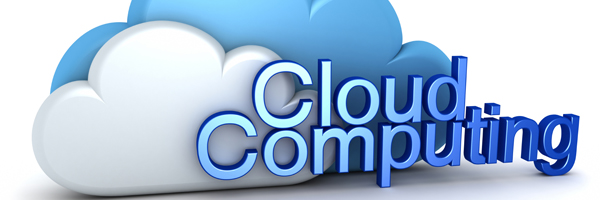One the 6th of June this year, we woke up to the revelation of PRISM. PRISM was a program from the National Security Agency that was designed to collect the search history, email, file transfers and live chats from any online user in our country. They did this by logging in to our local servers. The revelations even showed how long various companies had been involve in PRISM, with Microsoft being the very first. They started to join in 2007, despite always advertising with “your security is our priority”. Apple was the last to join in 2012.
The revelations told us more. The Verizon network, which is the biggest telecommunication network in our country, received an order from the government to allow full access to the call records of their customers. This took place for three months between April and July of 2013. This information has been confirmed, and it turns out that it was actually a recurring request. The first time it took place was in 2005. And to top it off, Facebook had leaked the details of some six million of its users.
A Storm of Controversy
It will come as no surprise that these leaks caused a huge amount of controversy. The Obama administration was clearly involved in significant covert surveillance operations on its own people. Various technology companies denied that they had complied with requests, trying to save face (as well as money and customers). Google immediately said that they really care about their customers’ security. They stated that if they ever gave information to the government, they did so because the law told them to, and only after careful examination of the request. The vehemently denied that the government has “back door access” to Google.
The Consequences
These types of revelations were never going to go unnoticed, of course. As a result, people no longer trust their online providers, least of all those in our own country. Public providers have come under tremendous scrutiny and there is a demand for providers who will always protect their intellectual properties and digital assets. Solutions that are offered here are no longer protected by anything, and people simply do not want to put any kind of information online, and particularly not on the cloud, because they fear the government will immediately access it and read it.
The result is that cloud firms are already starting to lose out on loads of dollars, because people are moving away towards servers that are based in other countries with better privacy laws. Both Google and Amazon have noticed a drop in customers already and private clouds have seen an influx in customers. Private clouds are able to give that security that the data customers leave is completely safe and private. With a private cloud, the server is actually on site, or it is leased from a data center, where the provider has actual, physical access. The result is that if a company states they will not sell their data to the government, or even allow it access, then a customer is as certain as they will ever be that this will not happen. Unsurprisingly, cloud servers in Switzerland, a country known to have the strictest secrecy laws in place, are becoming more and more popular.
People all over the globe are becoming increasingly concerned, because customers no longer trust their government to allow them privacy. In fact, they feel we now live in an Orwellian society where Big Brother is watching our every move. However, because the internet has no borders as such, people are able to look for private, managed and hybrid solutions instead. Businesses and private individuals alike want to have control over how their data is governed and they are able to do this by simply going to companies that offer cloud storage abroad, or through privately owner companies.
The PRISM saga is long from over. Edward Snowden, who revealed all, is still stuck in Russia waiting to be given asylum somewhere. In fact, various countries have agreed to grant him asylum, but the government continues to use their PRISM program to find out which plane Snowden is likely to be in, forcing the plane if it flies through airspace of a country with an allegiance to our country. It is interesting to see that damage control for the government is not about placating its citizens, but rather about locking up the guy who told the truth. At the same time, this makes all of us even more uneasy about the security of our data locally and we are moving our data away faster than the speed of light.
